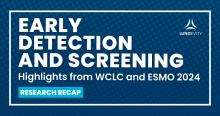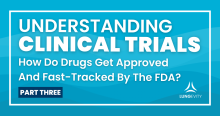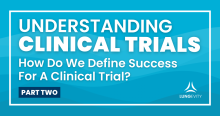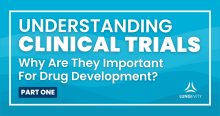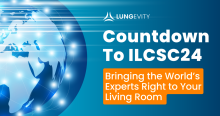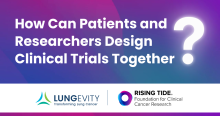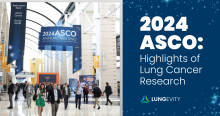Celebrating 20 Years of Progress in Lung Cancer Research and Treatment
Read time: 5 minutes. This year marks 20 years since researchers made a key discovery that changed the face of lung cancer research and treatment. By uncovering EGFR’s role in lung cancer, researchers developed a new class of drugs—targeted therapies—designed to target specific mutations in lung cancer cells while leaving healthy cells unharmed. As we’ve welcomed this era of precision medicine, we’ve also benefited from other treatment progress in lung cancer—including the development of effective immunotherapies. During LUNGevity’s 2024 International Lung Cancer Survivorship Conference (ILCSC


